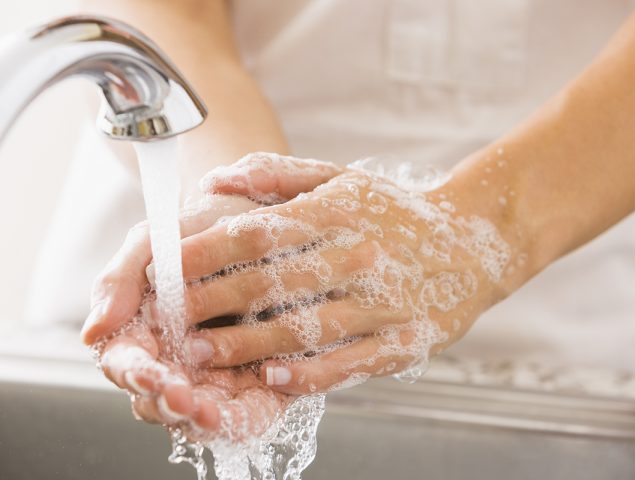Faced a hurricane threatens to pass through certain territory, those who reside in it take measures to mitigate its impact, for example, they ensure roofs, walls, doors and windows of their houses; They collect drinking water, food, flashlights, lanterns and candles.
That is having risk perception, because as popular wisdom says, it is better to be save than sorry.
Due to the danger of the coronavirus 2019 (Covid-19), the health, political and government authorities in Granma insist on the need to increase the risk perception in the population in this regard, through training and dissemination.
It is not a matter of panic spread, but of being clearly aware of the threat and putting into practice the necessary measures to prevent contracting the disease.
Risk perception is the ability to detect, identify and react to a dangerous situation.
Scholars of the matter suggest that, in general, people do not want to have a greater sense of risk than they already have, so it is necessary to consider how risk is perceived, how we should evaluate it, what limits we should accept and how to manage it.
The intuitive judgments about risk, they add, are related both to personal, cognitive, emotional and motivational structures, as well as to social and work environments. Thus, there are risks within a framework of knowledge, values and standards.
Uneven is the fight against the new coronavirus, since it is invisible to the naked eye, but man knows how to protect themselves from it and takes measures to take care of their health and family.
Therefore, in so far, there is a favorable risk perception regarding this disease, the possibilities of avoiding contracting it increase.

